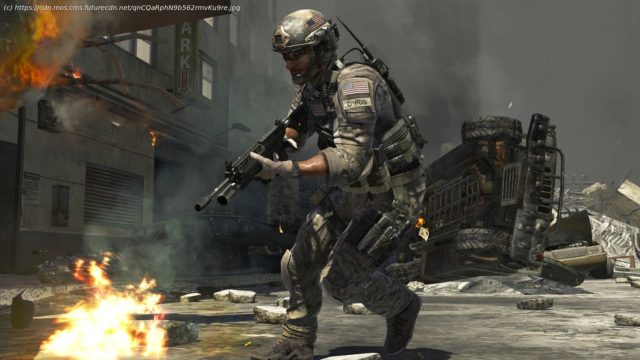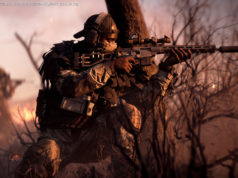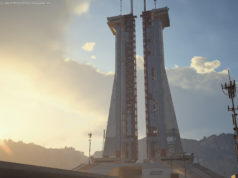Modern Warfare 3 co-director Glen Schofield tells the dramatic story of its making first-hand.
It’s hard to think of a more charged environment in which to start work on a game. In the wake of 2009’s Modern Warfare 2, the studio that invented Call of Duty had imploded. A power struggle between Activision and Infinity Ward’s leaders, Jason West and Vince Zampella, had led to the expulsion of the latter two men from the company.
«I was speechless», West told Vanity Fair in 2011. «In my head, this was the moment when everyone was supposed to go home in a limousine. Instead, we were eating the seed corn and they were taking all the money.» West and Zampella sued Activision for wrongful termination; Activision countersued, alleging the pair were «small-minded executives» motivated by «envy and personal greed».
Ultimately, the publisher settled with West and Zampella ahead of a trial. But the damage was done. Many of Infinity Ward’s veterans had followed their bosses to Respawn, a new EA-funded outfit that would go on to make Titanfall, Apex Legends and Star Wars Jedi: Survivor.
Meanwhile, there was a yawning hole at the centre of the studio that was supposed to follow up two of the biggest blockbusters of all time. Infinity Ward was in no fit state to deliver on the third part of Modern Warfare, an FPS series that had consistently offered escalating bombast and never-before-seen thrills.
In a bid to save the project, Activision turned to another pair of powerful leaders: Glen Schofield and Michael Condrey. Fresh off the success of Dead Space, Schofield and Condrey had set up Sledgehammer within Activision. For six months, they and two-dozen former Dead Space colleagues had been working on Fog of War, a Call of Duty spin-off that pulled on their experience in third-person action and horror.
«We wanted to make a scary version of Vietnam», Schofield says. «And not just scary, we wanted intense battle that was personal, stuff you’ve never seen before. We were really psyched about having you go through tunnels. Sometimes you were shooting in the dark.»
«We wanted to make a scary version of Vietnam», Schofield says. «And not just scary, we wanted intense battle that was personal, stuff you’ve never seen before. We were really psyched about having you go through tunnels. Sometimes you were shooting in the dark.»
Now, Activision was asking them to abandon that game and steer Modern Warfare toward the light.
Домой
United States
USA — software Call of Duty was saved against the odds when Infinity Ward imploded






